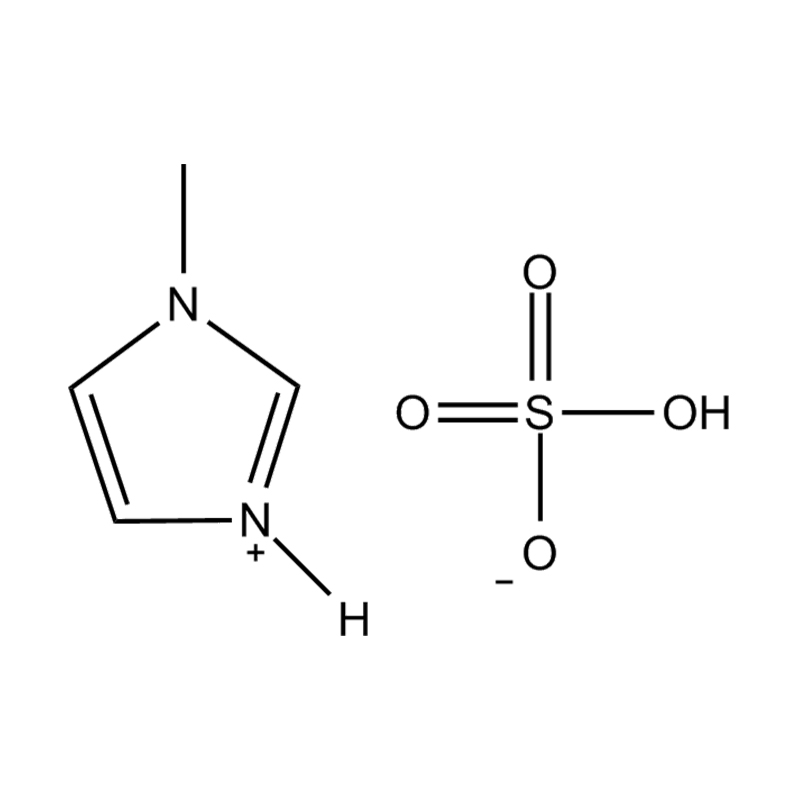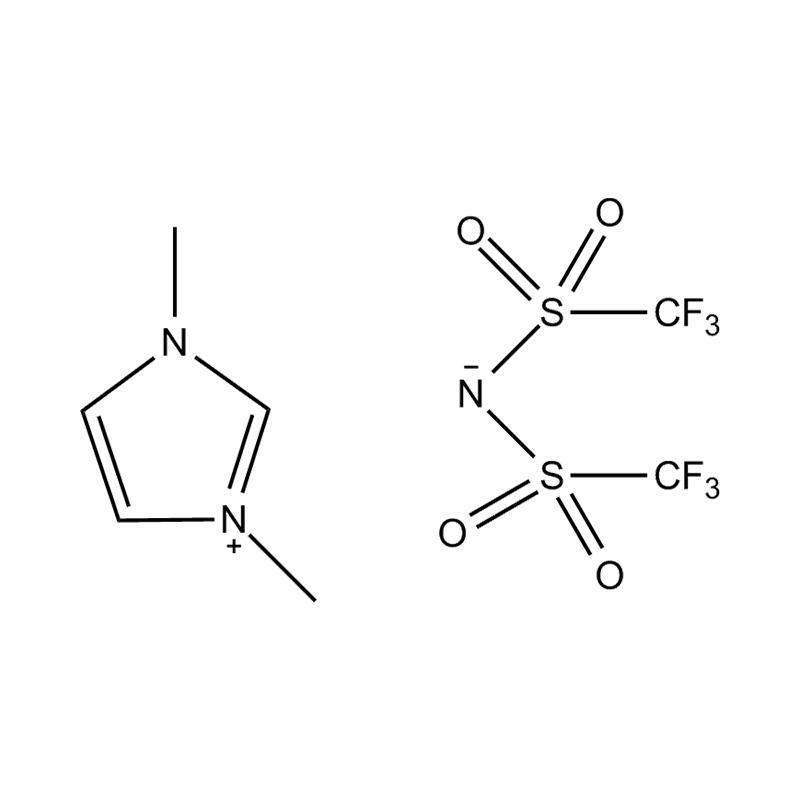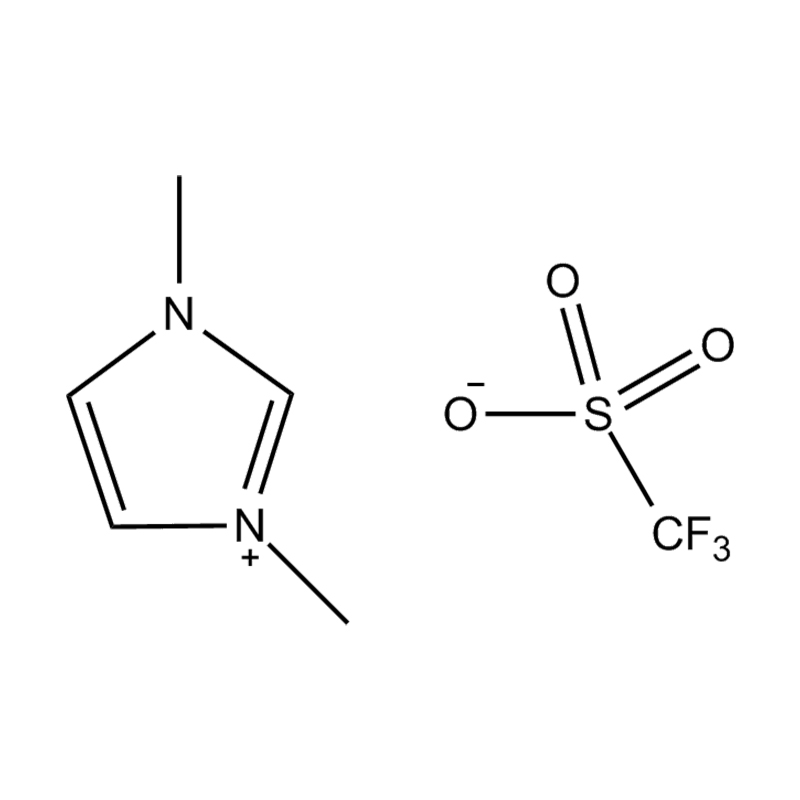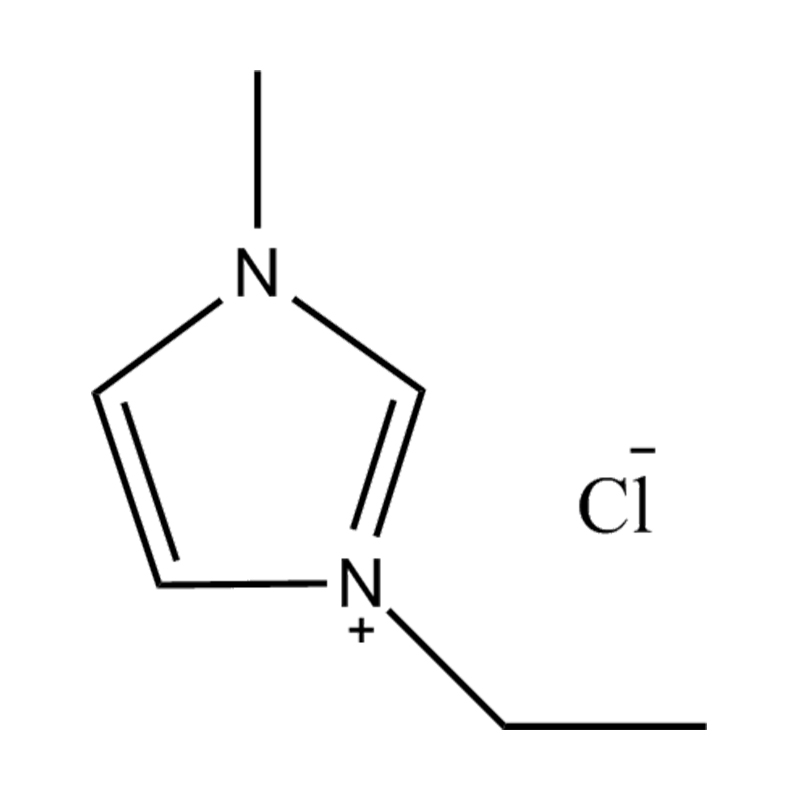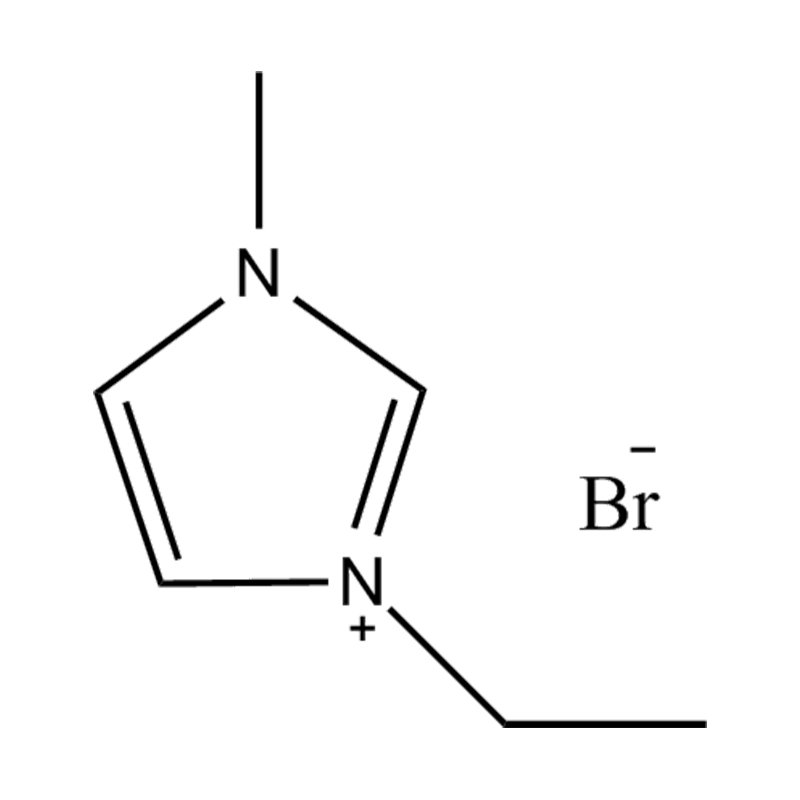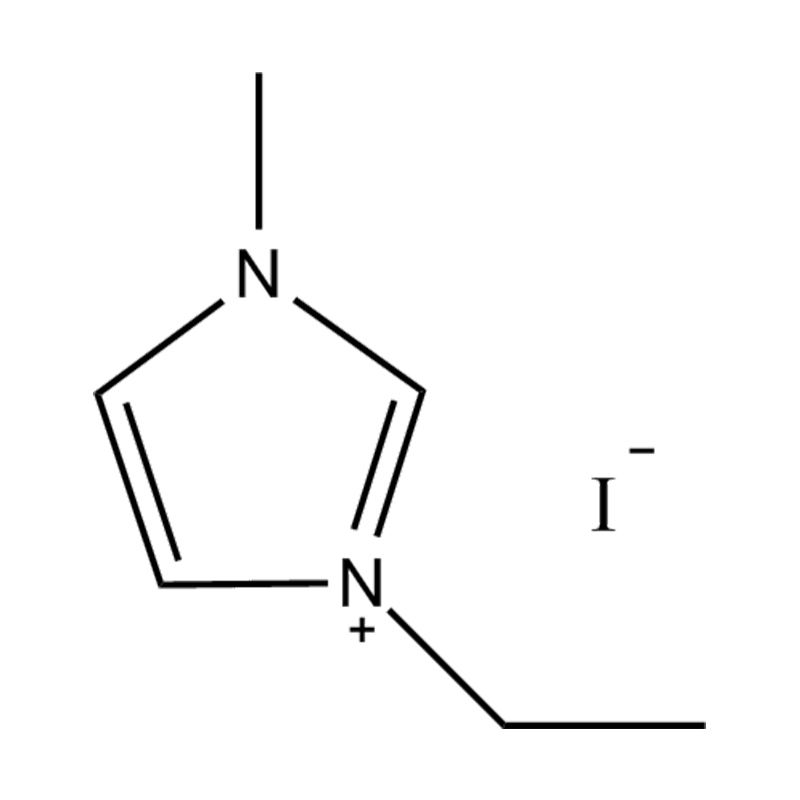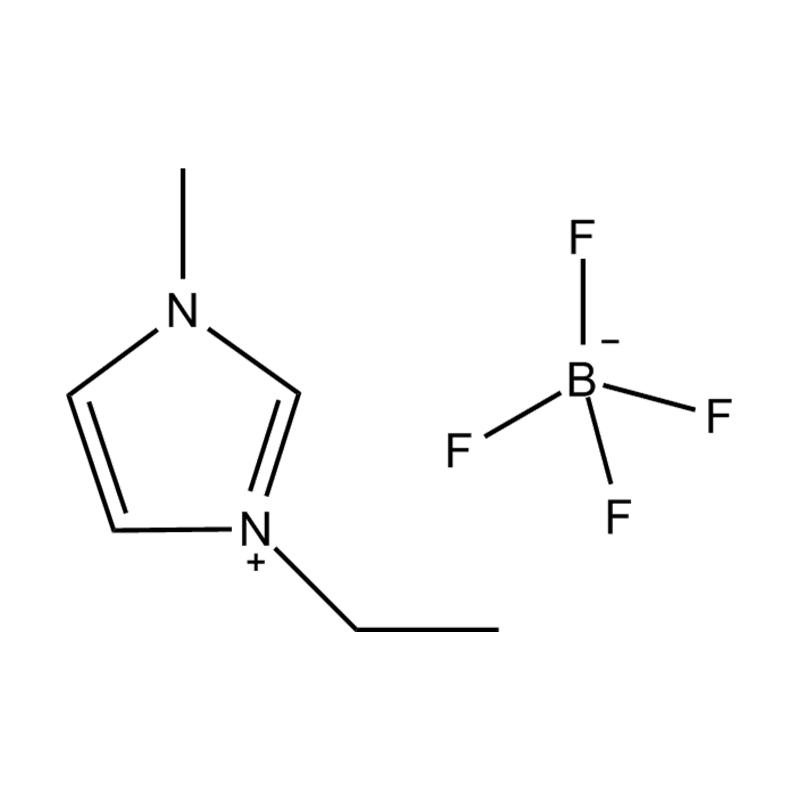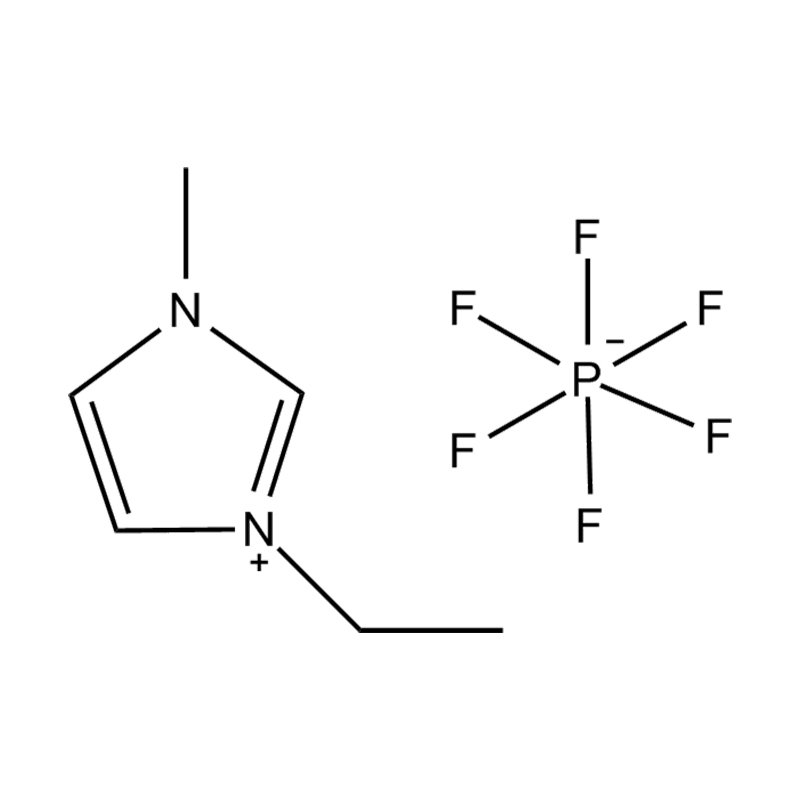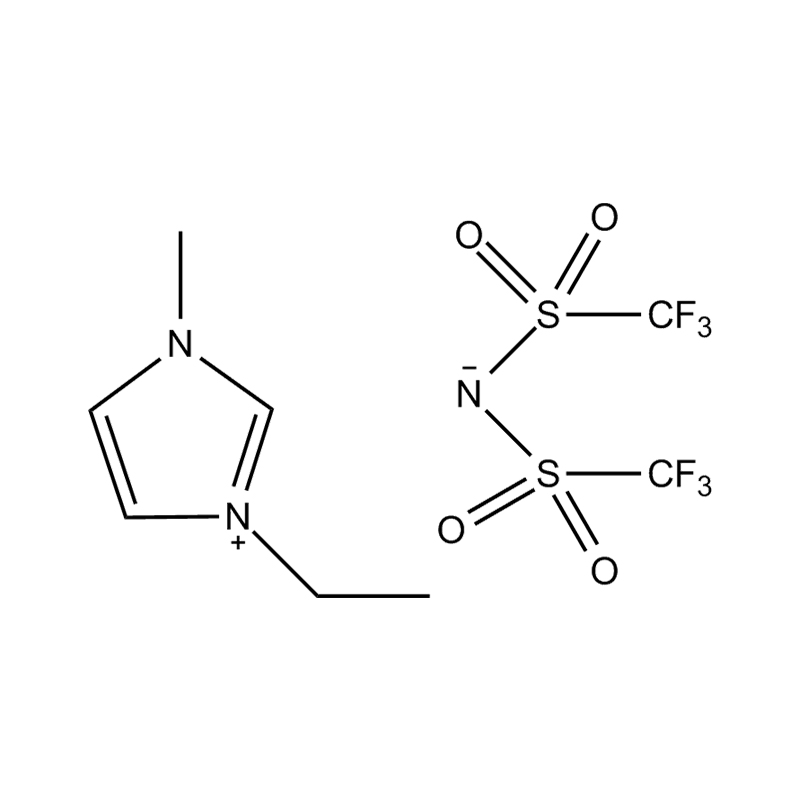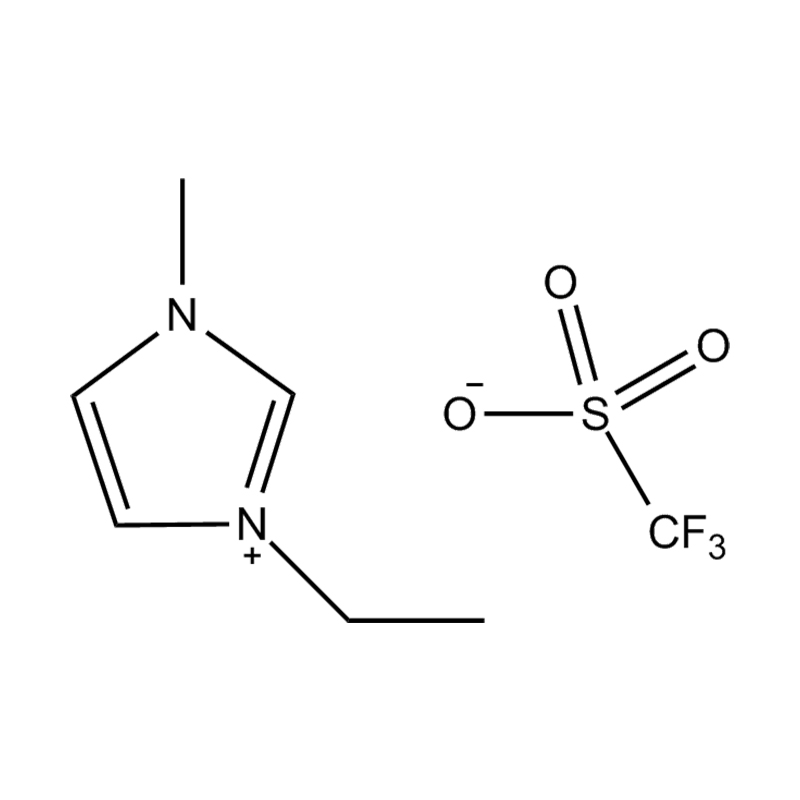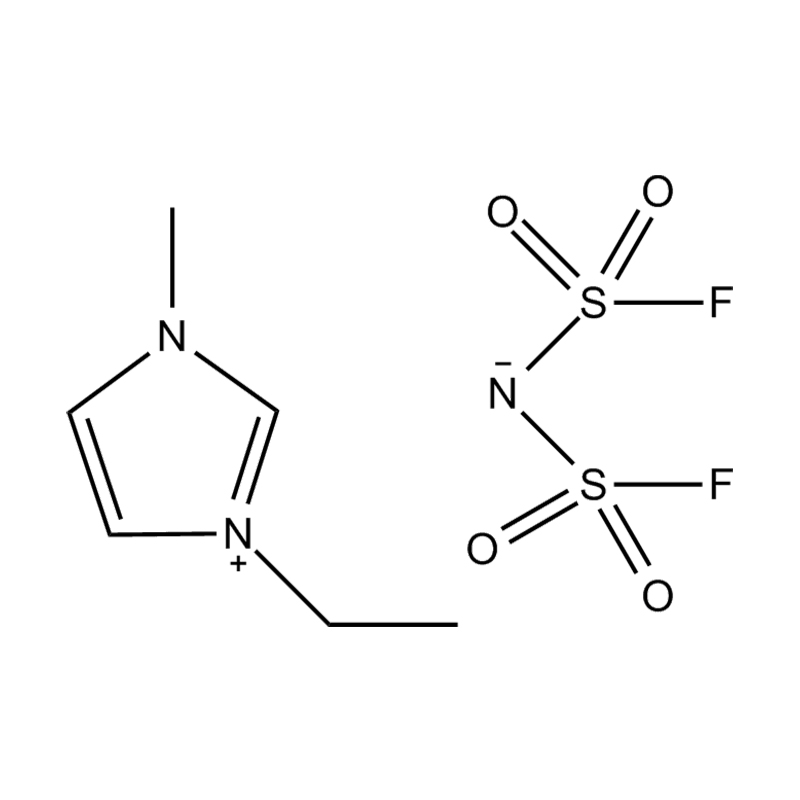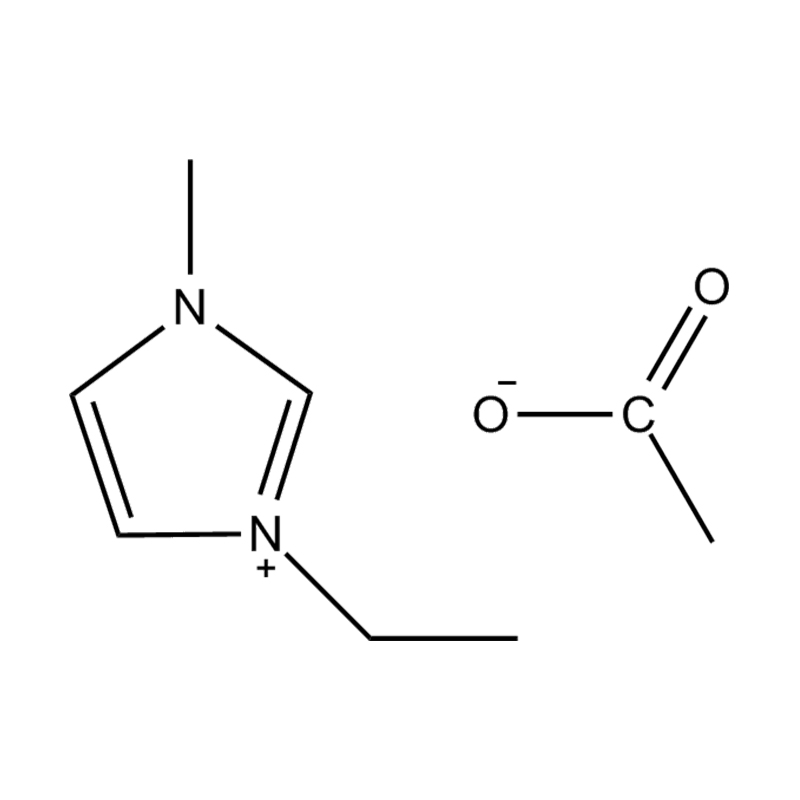Ionic liquids (ILs), often described as salts in a liquid state at or near room temperature, have emerged as highly versatile substances in various industrial processes. Characterized by their negligible vapor pressure, high thermal stability, excellent solvating capabilities, and tunable properties, ionic liquids are increasingly finding applications across a wide range of industries. This article provides a comprehensive overview of the industrial uses of ionic liquids, spanning chemical manufacturing, energy storage, metal processing, pharmaceuticals, and environmental protection.
Chemical and Petrochemical Industries
One of the most prominent sectors utilizing ionic liquids is the chemical and petrochemical industry, where ILs serve as green solvents and reaction media for a range of organic syntheses and catalytic processes.
Catalysis and Synthesis: Ionic liquids provide an ideal environment for both homogeneous and heterogeneous catalysis. Their non-volatility and ability to dissolve a wide range of organic and inorganic compounds make them especially useful in reactions like alkylation, hydrogenation, and polymerization.
Separation Processes: ILs have also gained popularity in extraction and separation techniques. For instance, they are used in liquid-liquid extractions to separate aromatics from aliphatic hydrocarbons or remove sulfur-containing compounds in desulfurization of fuels.
Lubricants and Additives: Due to their excellent thermal and oxidative stability, ionic liquids are being explored as high-performance lubricants or lubricant additives, especially for extreme operating conditions.
Energy and Electrochemical Applications
Ionic liquids play a key role in advancing energy technologies, especially in areas where traditional solvents or electrolytes fall short.
Electrolytes in Batteries and Supercapacitors: ILs are used as electrolytes in lithium-ion, sodium-ion, and metal-air batteries due to their wide electrochemical window, high ionic conductivity, and safety advantages. They improve thermal stability and reduce risks of flammability.
Fuel Cells: In proton exchange membrane fuel cells (PEMFCs), ionic liquids help improve ion transport properties, particularly at high temperatures where conventional membranes struggle.
Solar Cells: Some ionic liquids are being employed as electrolyte media in dye-sensitized solar cells (DSSCs) due to their stability under light and thermal stress.
Metal Processing and Electrodeposition
The metallurgical industry has embraced ionic liquids for applications where conventional aqueous or organic electrolytes have limitations.
Metal Extraction and Refining: ILs are used in electrowinning and leaching processes to extract and purify rare earth elements, aluminum, and other metals from ores and electronic waste.
Electroplating: Ionic liquids serve as alternative electrolytes for metal deposition, such as gold, silver, platinum, and other noble metals. They offer better current efficiency, uniform coating, and reduced environmental hazards.
Corrosion Inhibition: Certain ionic liquids are engineered to serve as anti-corrosion agents for metal surfaces exposed to harsh chemical environments.
Pharmaceuticals and Biotechnology
Ionic liquids have demonstrated great promise in the pharmaceutical and biotechnological sectors due to their ability to stabilize biomolecules and improve drug solubility.
Drug Formulation and Delivery: ILs can enhance the solubility and bioavailability of poorly soluble drugs. Some ILs also exhibit antimicrobial or anti-inflammatory activity.
Enzymatic Reactions: Biocatalysis in ionic liquids allows enzymes to operate in non-aqueous environments, often improving stability and selectivity.
Nucleic Acid Extraction: Certain ILs can be used in RNA and DNA extraction protocols, offering high purity and yield.
Environmental and Waste Treatment
The tunability and selectivity of ionic liquids make them ideal for environmental remediation and pollution control.
CO₂ Capture: Task-specific ionic liquids (TSILs) are tailored for carbon dioxide absorption, offering a potentially less energy-intensive alternative to conventional amine-based systems.
Heavy Metal Removal: ILs can selectively bind with heavy metal ions like lead, cadmium, or mercury, making them useful in wastewater treatment.
Solvent Replacement: Due to their low volatility, ionic liquids are considered more environmentally friendly replacements for volatile organic solvents (VOCs), contributing to greener manufacturing processes.
Polymer and Material Science
Ionic liquids are being integrated into advanced materials for various high-performance applications.
Polymer Electrolytes: They are embedded into polymer matrices to create ion-conducting membranes for use in batteries, fuel cells, or sensors.
Composite Materials: ILs can be incorporated into composites to enhance thermal and mechanical properties or provide self-healing capabilities.
Nanomaterial Synthesis: Ionic liquids act as media for synthesizing and stabilizing nanoparticles, nanorods, and other nanostructures with controlled morphology and dispersion.
Textile and Cellulose Processing
The textile industry has shown interest in ionic liquids for their ability to dissolve cellulose without the need for harsh chemicals.
Fiber Regeneration: ILs are being used in regenerating cellulose-based fibers such as viscose and lyocell, offering more sustainable production methods.
Textile Dyeing: They also assist in dyeing processes by improving dye uptake and reducing water consumption.
Nuclear Industry
Ionic liquids are gaining attention for their potential in nuclear fuel reprocessing and waste treatment due to their radiation resistance and selectivity for radioactive ions.
Actinide Separation: Specific ionic liquids have been developed to extract uranium, plutonium, and other actinides from spent nuclear fuel.
Radiation Stability: Their chemical stability under ionizing radiation makes them suitable candidates for use in radioactive environments.
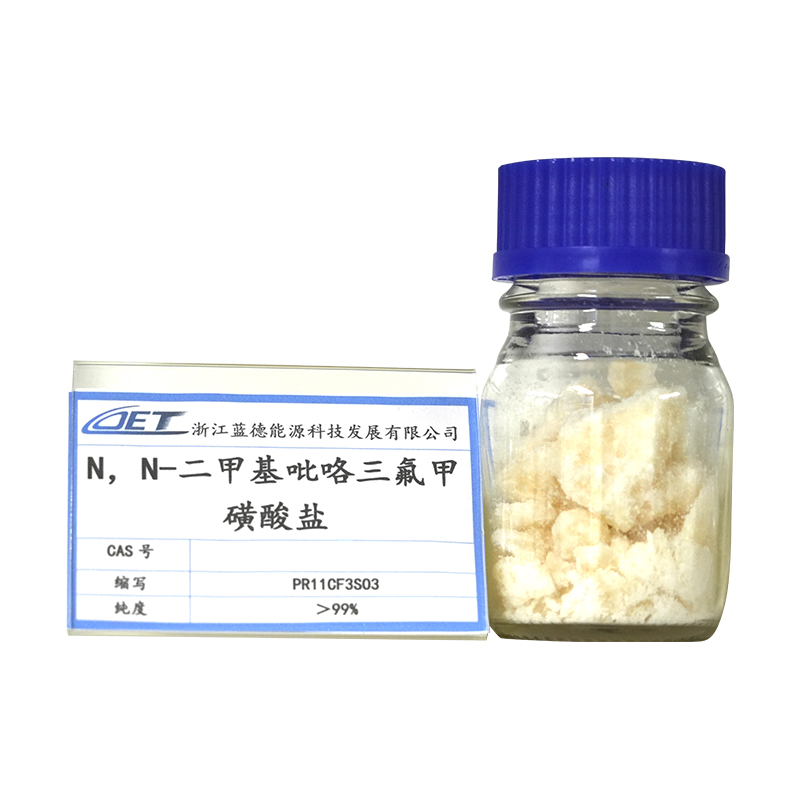
Ionic liquids represent a breakthrough in industrial chemistry, offering a unique combination of properties that traditional solvents and materials cannot easily match. From serving as green solvents in chemical synthesis to functioning as advanced electrolytes in energy systems, ILs are redefining standards across multiple sectors. Their tunable structures open nearly limitless possibilities for customization, making them a valuable tool in the pursuit of cleaner, more efficient, and more sustainable industrial processes. As research continues and commercial availability expands, the scope of ionic liquids in industry is expected to grow even further in the coming years.


 English
English Deutsch
Deutsch Español
Español 中文简体
中文简体


